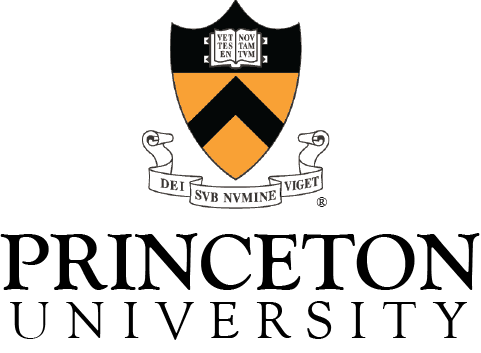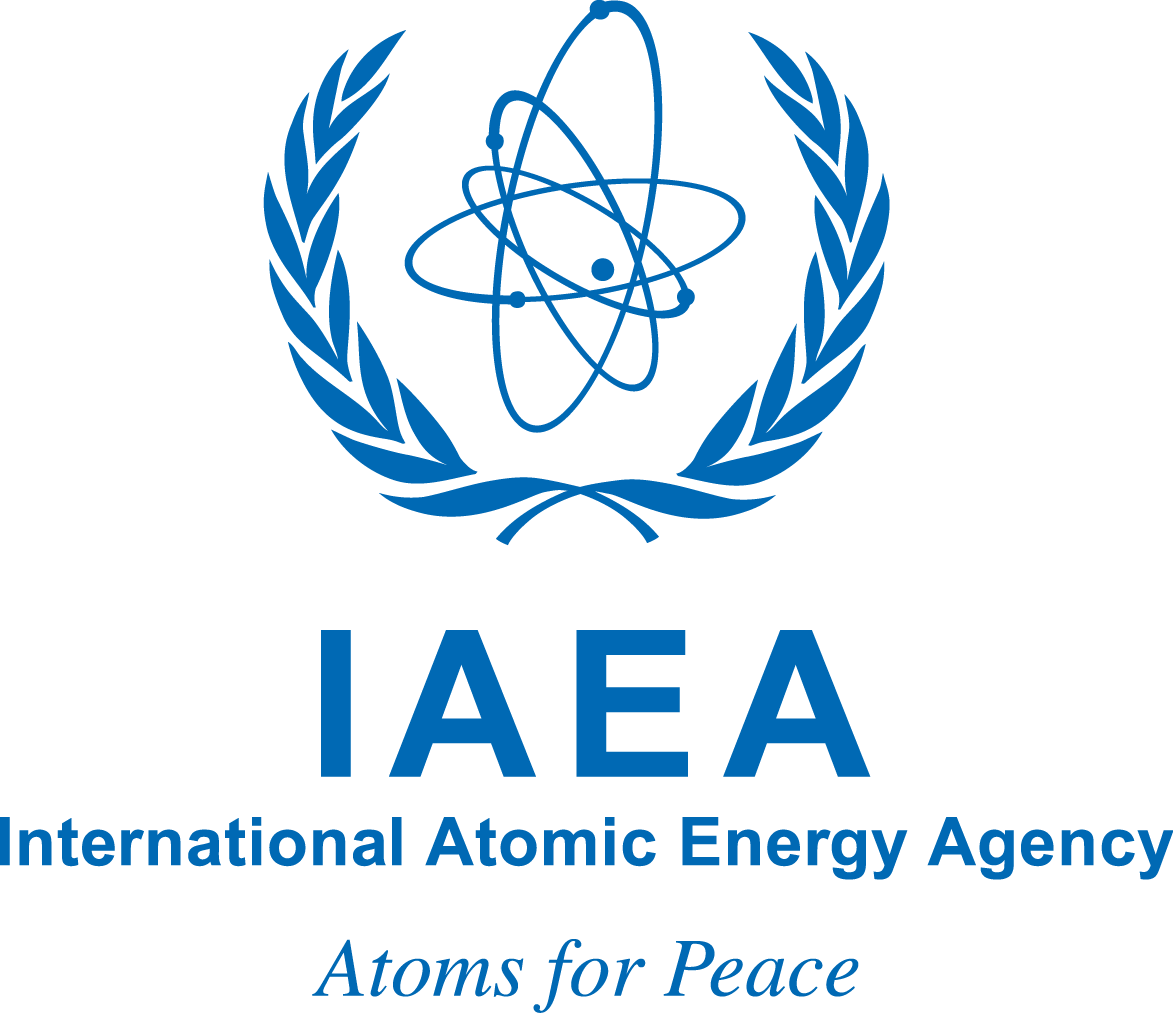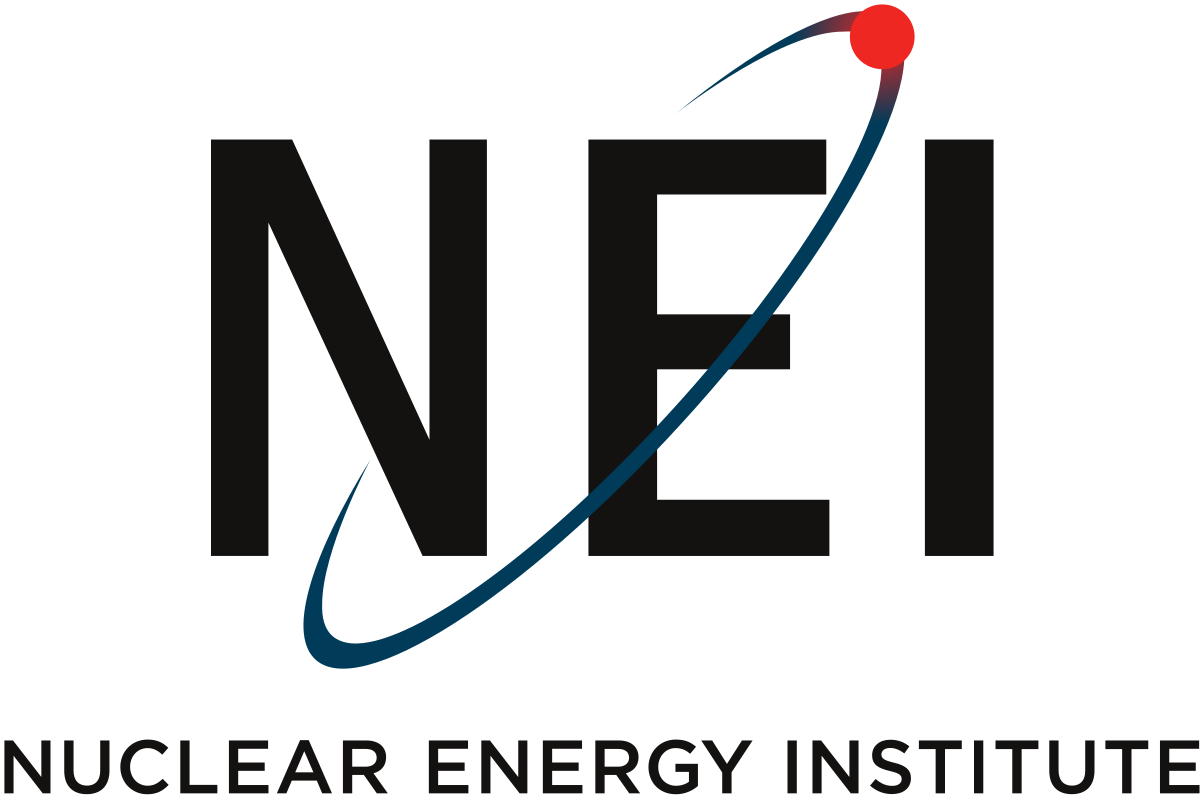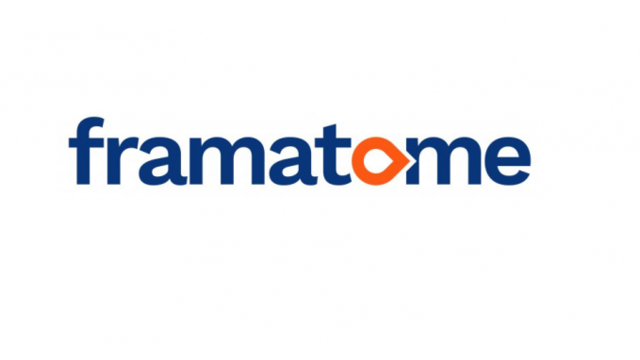Nuclear Fusion 72 - University of Princeton And The Princeton Plasma Physics Laboratory Are Using Radio Waves To Control Plasma Instability
I have blogged before about the problems with magnetic confinement in nuclear fusion reactors such as stellarators and tokamaks. Now scientists from Princeton University and the Department of Energy's Princeton Plasma Physics Laboratory (PPPL) may have found a way to deal with a problems that have been known for decades.











